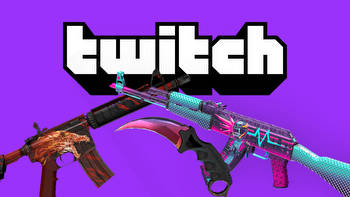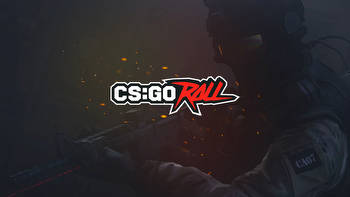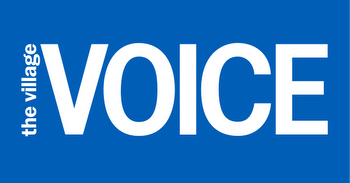Steam bans high-value CSGO traders for dealing with gambling sites: “It’s just getting started”

A fresh ban wave appears to be taking place against CS:GO skin traders who have sold items to gambling sites, according to a number of social media posts. Steam is thought to be banning accounts that trade with skins gambling websites, some of which exist in a legally dubious position.
CS:GO skin trading is a full-time profession for some enthusiasts, who often act as middlemen for buyers and sellers, taking a fee or simply flipping skins for a profit.
Article continues after ad
Skin trading itself is not bannable – or at least, Valve does not take action against it – but it has long been thought that dealing with gambling sites specifically could land traders’ accounts in hot water.
On May 17, tweets began circulating that numerous high-value inventories owned by traders had been community banned – effectively rendering them worthless as they are no longer able to trade items. In these cases, it is believed the traders had sold items to gambling sites.
Article continues after ad
CSGO traders banned in gambling crackdown
On May 17, a trader named Oliver was banned, losing a “large collection of skins” in the process.
It was quickly identified that the trader in question had sold skins to CSGO Empire, as well as other gambling sites.
The ban then, came as little surprise to other traders and investors. “They all play with fire,” said one. “Knowing that plenty of big gambling resellers got banned in the past, and still are getting banned, and get surprised once they get burned.”
Article continues after ad
CS:GO streamer fl0m commented that the bans were “just getting started”, indicating that Valve may be initiating a wider crackdown on accounts that deal with skin gambling sites.
If this is the case, it comes at a notable time. Just ahead of the BLAST Paris Major, G2 Esports, one of the most popular teams and among the favorites for the event, announced a partnership with skin gambling site CS:GO Roll. They faced some backlash from the community as a result.
Article continues after ad
This deal, along with the countless sponsored streamers and YouTubers who have deals with skin gambling sites, raised concern in the community about a repeat of the 2016 gambling purge from Valve. Back then, Valve sent cease and desist letters to 23 sites engaged in skin gambling for breaking the Steam Subscriber Agreement.
Why gambling sites pose a risk to CSGO traders
In the wake of these latest bans, CSGO Empire issued a statement. They said that the banned trader in the viral tweet was active on many other sites, despite only mentioning Empire in his post.
Article continues after ad
“In the past 30 days, 34,518 users safely traded on Empire without issues. Across all CSGO markets in this period, only 84 accounts have been banned. Of these, less than half have ever touched Empire. Only one user traded solely on Empire – the rest used multiple other large marketplaces.”
Empire concluded its post by saying it plans to enhance safety practices to “minimize the chances of scammed skins entering our system.”
This is the crux of the issue with these sites. Putting aside the legality of the sites themselves – which has been called into question in some cases – their easy cash-out options with limited checks make them the ideal place for scammed (stolen) skins to be sold quickly by the scammers.
Article continues after ad
For obvious reasons, Steam will be keen to clamp down on this practice, even if it means some legitimate traders are caught in the crossfire.





































